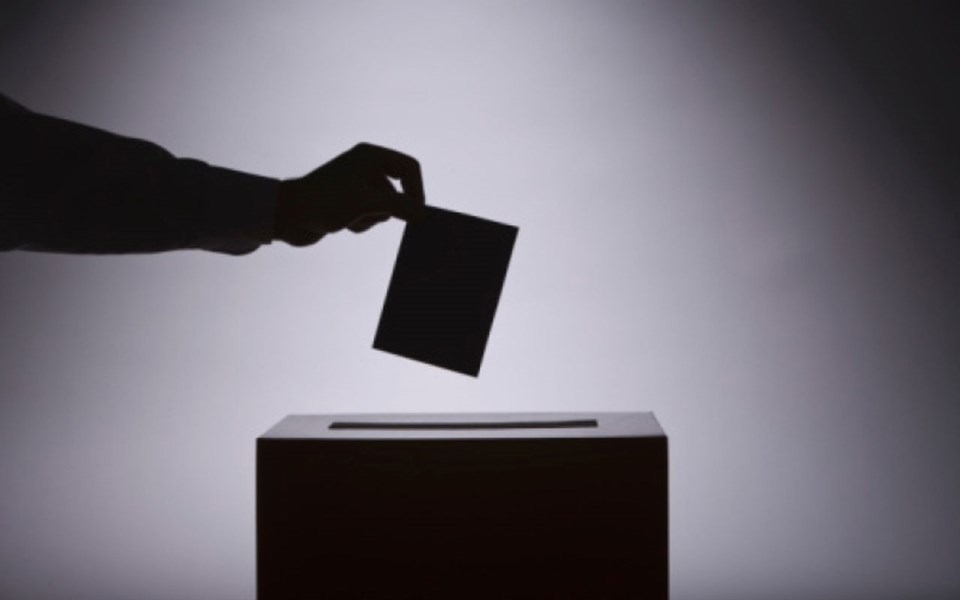Some odds and ends and random thoughts as the election campaign enters its final week:
- No matter which party wins the provincial election on Saturday, Oct. 19, one thing is certain: the makeup of the B.C. legislature will undergo the biggest change — in terms of new faces — in almost 20 years. There will be at least 34 brand new MLAs elected (28 to fill retirements and another six to represent the new additional ridings). That is the most newcomers since the 2005 election, which saw 41 new faces as the NDP recovered from its electoral disaster in the 2001 election.
- In another no-matter-who-wins situation, the makeup of the next provincial cabinet will look significantly different than the current one. If David Eby and the NDP get re-elected into government, Eby will have to replace seven current ministers as well as any who are defeated. If John Rustad and the B.C. Conservatives emerge victorious, he will have to put together a cabinet from a caucus that has no experience in government and precious little in Opposition.
- Advance voting set a one-day record last week when more than 170,000 cast ballots ahead of Election Day, but it’s unclear whether that means voter turnout will be higher than the 53 per cent of the electorate that voted in 2020. I have a hunch, however, that turnout will indeed be higher because the 2020 vote was taken at the height of the pandemic when many people had checked out of doing regular activities, like voting.
- A reminder about voting: you can vote in any riding, not just the one you live in. Just head to an official district electoral office and remember to have some ID (the Elections BC website lists what is considered acceptable personal identification.
- If Rustad and the B.C. Conservatives end up winning, that will put to the lie the notion that the televised leaders’ debate has a big impact on voters. Rustad’s debate performance was universally panned, as his pinched looks and dystopian description of B.C. society were off-putting for many. If he wins, however, he will have the last laugh.
- If the B.C. NDP stays in power, the party will likely be able to point to having what is considered a superior “ground game” when it comes to identifying its voter support and ensuring that group casts ballots. The B.C. Conservatives appear to be at the disadvantage here as it lacks a detailed data base identifying its supporters from previous elections (the party has hired an outside company to assist in finding those would-be supporters).
- Pollsters have recently detected a big shift in voting intentions among demographic age groupings. Younger people under 35 appear to now lean towards the B.C. Conservatives while those over the age of 55 favour the B.C. NDP. This is a complete flip from previous decades of voting patterns.
- Finally, if no party wins a majority this coming weekend that will mean either Independent and/or B.C. Green candidates would hold the balance of power in the legislature. The NDP could remain in government with the backing of enough of those candidates, a scenario the B.C. Liberal government unsuccessfully tried to create after the 2017 election.
In any event, I encourage you to get out and cast your ballot.
All elections are important, but this one seems to be particularly so.
The choices have rarely been starker.
Keith Baldrey is chief political reporter for Global BC.

.jpg;w=120;h=80;mode=crop)

